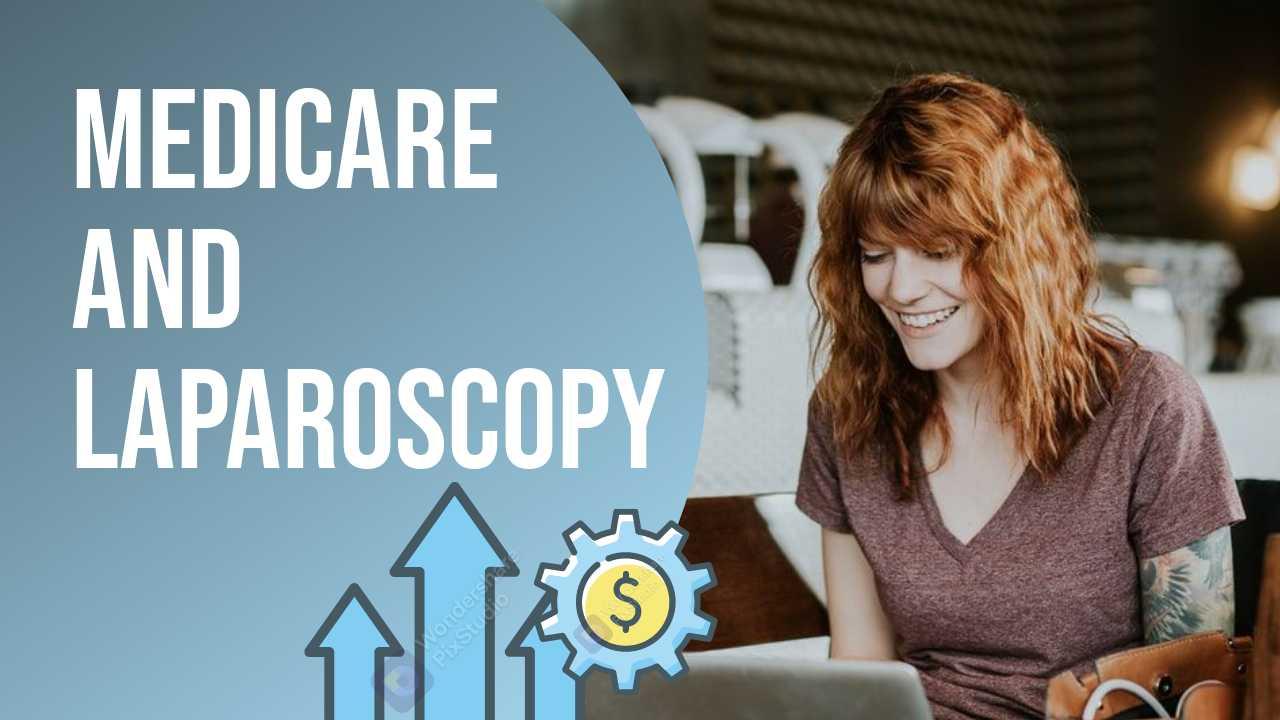
As a frontline minimally invasive surgery (MIS), laparoscopy can be a crucial intervention for a range of conditions. With the Journal of Scientific Reports highlighting new advances, including developments in one-versus-two-part incisions, the procedure can be carried out in a safer and more efficient manner than ever before. However, the price tag attached to the consultation, procedural, and recovery stage means that many individuals will never be able to access what can be life-saving diagnoses. The Medicare scheme aims to bridge this gap, but patients need to know how much they can expect to pay even with access to benefits.
The consultation process
The path towards requiring a laparoscopy of course starts with the consultation. As CNBC outlines, this isn’t a straightforward process financially. Virtual health checkups are now commonplace, and aren’t clearly defined under Medicare - this is an important place to check where fees may arise. Furthermore, given the complex information that can be obtained via laparoscopy, repeat visits are often required. Medicare supplemental insurance plans are therefore often prudent - Plan F is often best for patients who will need repeated visits to the doctor to discuss ongoing concerns and schedule investigations and treatment. This will set you on the best course before undergoing the investigation itself.
Fees associated
While the cost of a procedure will vary from hospital to hospital, the federal administration does provide some guidance on what a laparoscopy will cost. According to Medicare.gov, the average non-emergency procedure will cost $1,689 out of pocket, with Medicare covering $8,165 of the total fee. This is, obviously, not a small cost; however, the accuracy and diagnostic benefits of laparoscopy can often mean that a single visit is all that’s required, negating the need for repeated procedures. Patients should, however, be aware of the likely bill they will be asked to cover by the hospital or clinic involved.
Follow up
Laparoscopy is usually safe and offers more peace of mind than other procedures. However, it is not without risks, and there is of course the fact that the investigation may lead to a follow-up if some illness or condition is detected. Once again, patients should be mindful of what the entire course of treatment is costing them, and how they might be impacted in the future. The entire care cycle around the laparoscopy can be expensive and time-consuming, given the data that the incision hopes to collect to then provide for expert analysis. Medicare can help to provide up to 80% of costs in many cases, but will always leave the patient with some bills. Make sure that you are covered and, if not, that you have some form of another benefit to help meet the costs.
Reducing the costs of medical care will help to reduce stress, which can be a malignant factor in a range of other health conditions. It’s crucial, however, that the patients receive the care they need, and Medicare can help to provide a lot of it.